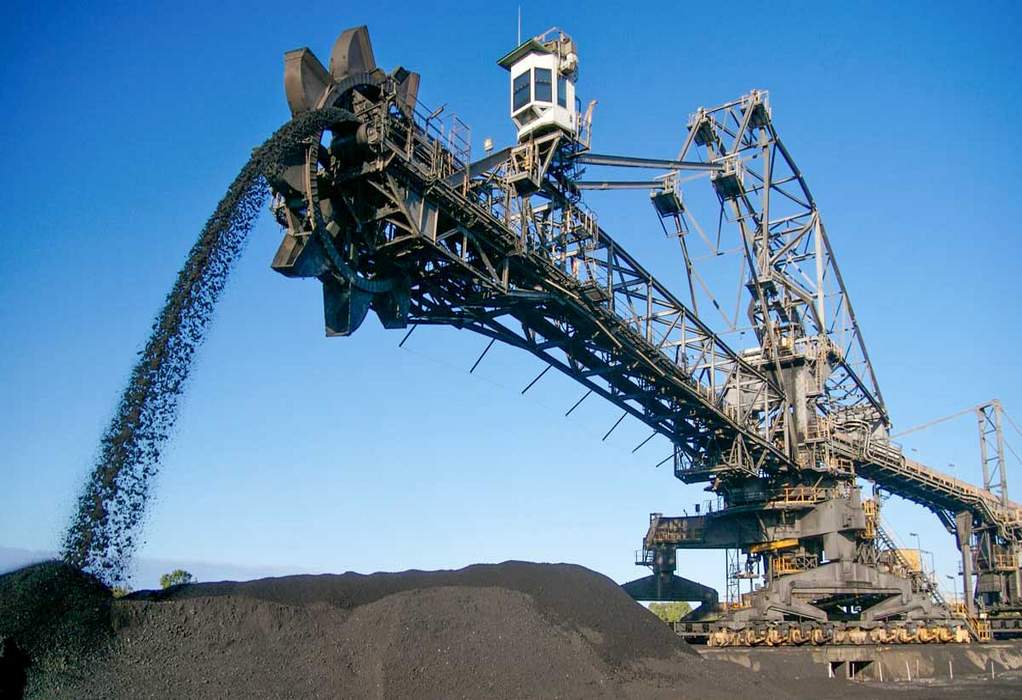A failure to engage with the global shift towards decarbonisation is putting thousands of jobs in regional Queensland and Western Australia at risk, as global demand for coal and gas plummets.
New research published by the Centre for Policy Development (CPD) estimates that between 100,000 and 300,000 Australian jobs in emissions-intensive industries – and mostly based in regional areas – are at risk of being lost if policymakers fail to respond to a global shift away from fossil fuels.
With growing global commitments to decarbonisation – more than 130 countries have now adopted or pledged a commitment to achieve zero net emissions targets – jobs in fossil fuels and other emissions-intensive industries face a transition risk.
There are already growing fears that many fossil fuel investments are at risk of becoming ‘stranded assets’, and there are also risks that jobs could also become similarly stranded unless companies – and governments – are proactive in transitioning towards lower emissions industries.
With Australia being a leading global exporter of coal and gas, maintaining this status in a decarbonising world could be disastrous for communities traditionally dependent on these industries, CPD suggests.
“Conservative future scenarios that account only for pledges made before April 2021 show that global demand for coal exports will halve by 2050. Scenarios that account for further inevitable policy responses stemming from COP26, and for demand shifts consistent with a global net zero carbon position by 2050, see much steeper and sharper declines for fossil fuel exports,” the CPD report says.
The analysis mirrors that of the International Energy Agency, which predicted in October last year that global coal use would need to halve by 2030 to set the world on a trajectory consistent with reaching net zero emissions by 2050.
The message also stands in contrast with the views of the Morrison government, with federal resources minister Keith Pitt talking up the prospects of Australia’s fossil fuel industries in a pre-Christmas statement following the release of fresh trade data.
“The resources sector as a long-standing and major contributor to Australia’s economy with coal and gas the star performers in the latest figures,” Minister Pitt said in December. “The sector is performing even better than it was before the COVID pandemic.”
“The growth shown in these earnings across the sector simply mean more jobs and more opportunities for Australia,”
However, CPD’s analysis suggests that the impacts of a failure to adequately transition workers and industries to lower emissions activities would be focused on a handful of regions, including communities in regional Queensland and Western Australia.
“The impacts of global decarbonisation are not evenly spread. They affect people and communities in specific areas disproportionately; only seven LGAs (out of 537) have more than 20 per cent of their workforce affected by this trend,” the report says.
“The most affected places include the LGAs of Isaac and Central Highlands in Queensland’s Bowen Basin, and Singleton in the NSW Upper Hunter. Under scenarios of faster decarbonisation pathways among global export partners, Ashburton in Western Australia’s Pilbara region is also affected due to its gas exports.”
CPD adds that this transition is being driven by global trends and that domestic policies will not be able to prevent it, but governments do have the ability to shape how it impacts local communities.
“The key message emerging from this research is that a large-scale transition is coming to our fossil fuel dependent regions, regardless of domestic Australian politics or economics. It is critical that we plan well for this transition and seize the many opportunities it presents,” the report says.
“We need to focus specifically on those regional economies that are currently dependent on fossil fuel industries and the skills and needs of workers in those communities.”
“Fortunately, the places most exposed to international decarbonisation are also very well positioned to take advantage of the transition to growing and emerging renewable industries,” the report adds.
CPD program director, Toby Phillips, said governments needed to act now in response to changing trends in the global market.
“Global decarbonisation has already started, and it is accelerating,” Phillips said.
“Our export partners have been very clear through their words and actions that they will be changing the way they make energy and what they buy to do it. We have the opportunity today to choose how we respond to this fact.”
“We have seen all too recently the consequences of failing to prepare for clearly predictable global events.”
“The world will be a completely different place by 2050; and we must set ourselves up for success in that world. The choices we make today will determine our ability to benefit from the opportunities presented by decarbonisation in areas like mining, hydrogen, manufacturing, services and transport,” Phillips added.
Source: https://reneweconomy.com.au/
Tags: Australia, Decarbonisation, Fossil Fuels

Recent Posts
DPIIT promotes green logistics industry
Petronet LNG reports record volumes
TotalEnergies buys stake in wind farm to produce green hydrogen
Ports of Indiana, Port of Antwerp-Bruges partner on green shipping
Bhutan moves towards green transition
GCMD completes biofuel supply chain trials with Hapag-Lloyd
Airbus partners with Avolon on hydrogen aviation
Nuclear power transition more safe option for decarbonisation than coal